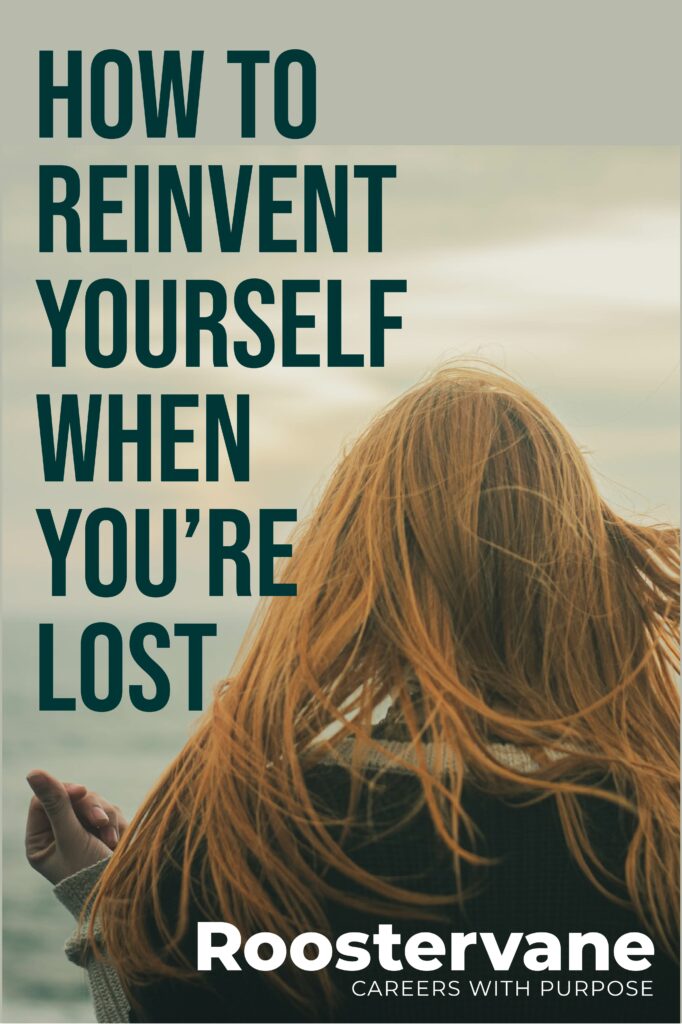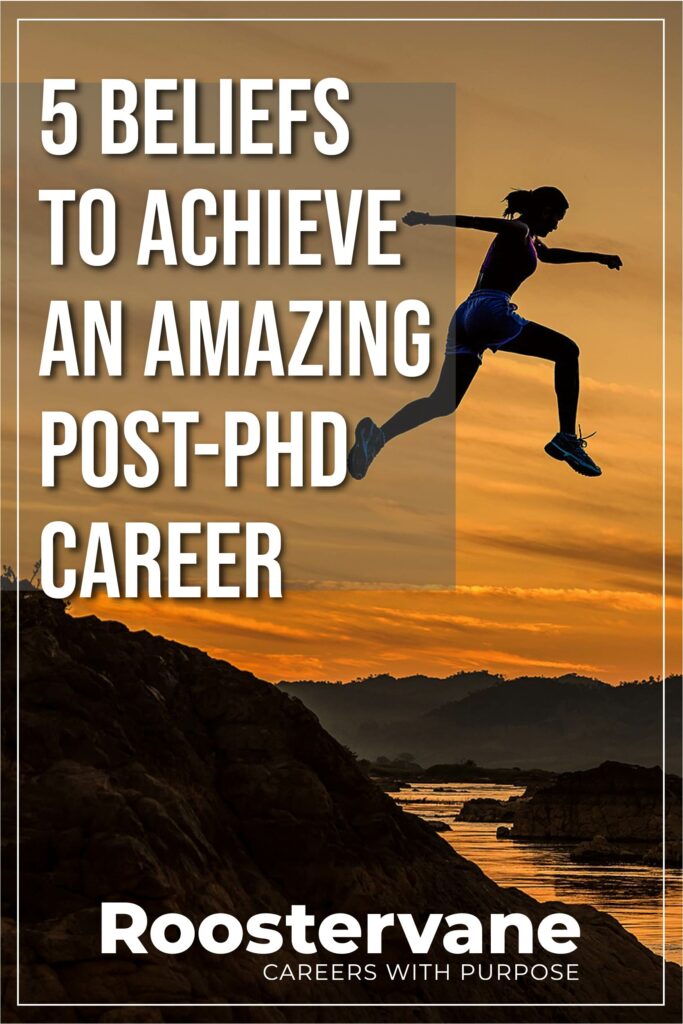I was having lunch with a fellow PhD working outside of academia the other day, and I articulated something I’ve been thinking but didn’t quite know how to say.
I don’t regret my PhD.
I really don’t, even though I’m cynical about academia.
It’s a complicated thing, and my reasons aren’t what I thought they would be.
1. I watched my kids grow up
I started my PhD program a few weeks late. My second daughter was born at the beginning of September, so I didn’t start seminars until October. With a newborn and a one-year-old, our lives were pretty crazy. My partner was on mat leave—which would eventually evolve into full-time momming.
After taking the subway downtown Toronto a few times—packed in like sardines, and after failing to get a “carrel” in the library my first year, I decided that this was going to be a PhD done from home.
We had a tiny, two-bedroom apartment for four and a dog—but we bought a little desk and put it behind our bedroom door. It became where I worked. And I did work, really. But I spent a ton of time with my family, which kept me sane and level. My work from home experiment blossomed into being there almost non-stop for the first six years of my kids’ lives. I wouldn’t trade this for anything.
2. I traveled
I realized pretty quick that there would probably be no academic job at the other end of my PhD. So I took a long look at what I could get out of it so that I wouldn’t regret it. My answer was travel.
My partner had decided to be a full-time mom and our kids weren’t in school yet. We made the crazy decision that it was time for an adventure around the world with two toddlers. So I applied for a fellowship to go to Humboldt University in Berlin. Sehr gut! (The cover photo is me and my girls in Potsdam, Germany.) Along the way we spent some time in Nice, France.

An unexpected pregnancy brought us home from Berlin early. After our third daughter was born we took the plunge again—after 1 and ½ years back in Canada, and I won another fellowship in Athens. We spent nine glorious months walking around the streets in Greece, occasionally hopping islands (as our budget allowed), eating gyros, and walking to the same little park every day with our three girls.
The rationale for travel was actually pretty simple. We were living off my stipend in a basement apartment in Toronto. Our rent alone was something like $1700 month. In Berlin we paid between $700-1100 CAN for furnished apartments. In Athens we paid $900.
Fellow students asked if I was independently wealthy (I’m not). I actually saved money by living abroad. It was cheaper to live abroad than to study in Toronto, and with no distractions—no department parties, serving on committees, or guest lectures—all I could do was write for months on end. And I did.
In my post-academic life, I’ve realized that travel carries some weight. It makes you interesting and gives you some worldly credibility.
3. I won lots of funding
This is a follow up to the above point. We had already planned our trip to Germany when an unexpected boost came to our finances. I won a large national grant in Canada. The many travel funds I applied for added $12-14k each time I went abroad. This funding gave me the flexibility not to teach or TA, so I didn’t.
The reason I include this is not to be an asshole but to point out that I was really lucky. Most of the people I knew and know are scraping by on $15-20k a year. This is a reality for most grad students. I was the exception, not the rule.
HOWEVER, this is my most advice for you: apply for as much funding as you possibly can. Spend lots of time on your grant applications. Find grants nobody else does. Come up with great research trips as a reason to study abroad and apply for all the travel funding you can find. Apply for conference funding. It will give you the freedom to live a life you want to live as a PhD.
Funding will set you free.
4. I was ruthless about what I needed from my PhD and how to get out
I took a long, hard look at the PhD early on. I wasn’t aware of any jobs crisis when I started. The department actually hid it from me when they were recruiting me, although I still blame myself. It never at any time occurred to me to google “can you get a job with a PhD?”
So I didn’t.
My department started talking about the job crisis not long after I started, and required us to take professionalization seminars. I realized pretty quickly that the jig was up.
People react differently when they realize they’re being exploited. I got angry, of course, but I also got ruthlessly practical. I started planning my exit from academia during my second year. I had been an antiquities scholar, but I started studying the economics of trade as well as theories of migration and diaspora.
I wanted competencies in fields that were relevant outside of the academy.
I decided to travel. Not because it was the best thing for my academic career. Because it would make me happy. And it did!
I realized that academia was exploiting me. But I also realized that I could exploit it back. I could game it. I could take what I needed and leave (relatively) unscathed.
5. I transitioned out okay
The final reason I don’t regret my PhD is that I’ve done mostly okay at the other end. I’ve had relatively little trouble finding work that pays well.
I still have days when I look back at academia, but those days are few and far between. More and more I’m just excited about the future. In my short two years out, my non-academic jobs have had tremendous meaning and given me opportunities to impact people’s lives for the better both in Canada and around the world.
It seems amazing to say that, but it’s true.
What about you? If you’re done a PhD, do you regret it? Or if you are in the middle of one, what are you doing so that you won’t?
Read the related post– What nobody tells you about a non-academic career






